The visit focused on field research into learning outcomes certification, credit transfer and mutual recognition, micro-credential, and digital learning. In-depth discussions were held with relevant educational institutions regarding exchanges and cooperation in the field of distance and open education.
During the visit to New Zealand, the delegation visited the Open Polytechnic of New Zealand and Massey University. At the Open Polytechnic of New Zealand, the delegation met with Executive Director Alan Cadwallader and other senior management to discuss the New Zealand Qualifications Framework (NZQF) and its application in distance education. They also shared experiences in distance education, digital education, lifelong learning, recognition of learning outcomes, and credit transfer. Cooperation in building and sharing high-quality educational resources, research on qualifications frameworks, and innovation in digital education was explored. At Massey University, the delegation held meetings with the Office of Career Development and Continuing Education, the College of Humanities and Social Sciences, and the Office of Student Registry. They gained insights into the university's online course teaching models, assessment and evaluation, and quality assurance, as well as the operation and practical cases of its short courses and micro-credential programmes, both domestic and international. The possibility of cooperation in academic exchanges for staff, short-term training, and other areas was also discussed.

The delegation visited the Melbourne Polytechnic.
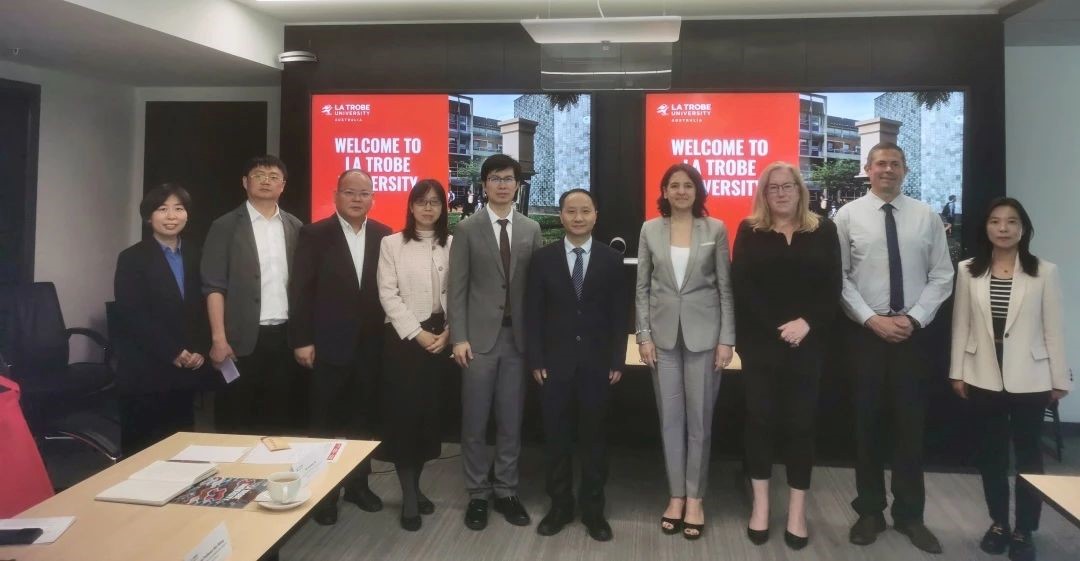
The delegation visited La Trobe University, accompanied by Consul Li Linze and Deputy Consul Sun Mengli from the Consulate-General of the People’s Republic of China in Melbourne.
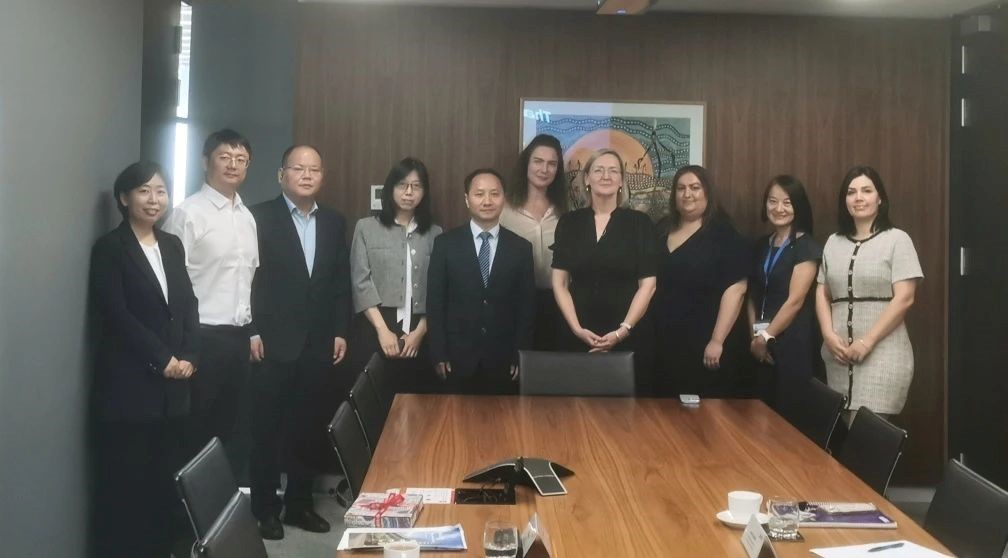
The delegation visited the University of Technology Sydney
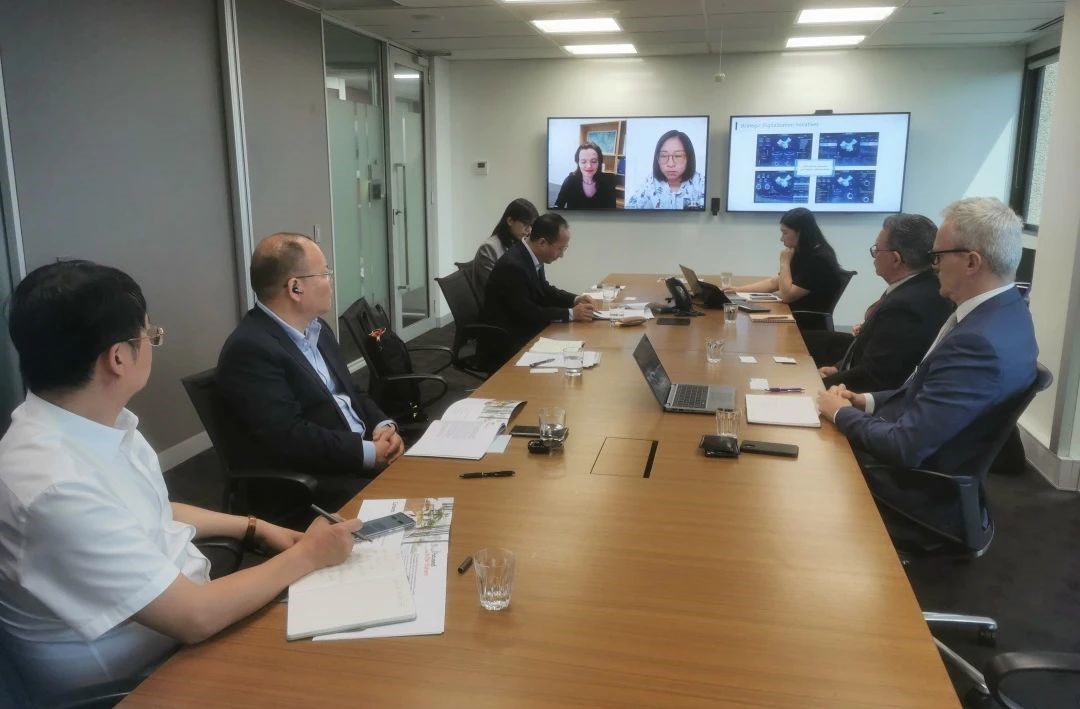
The delegation visited Australian Catholic University.
During the visit to Australia, the delegation visited Melbourne Polytechnic, La Trobe University, the University of Technology Sydney, and Australian Catholic University. At Melbourne Polytechnic, the delegation held talks with Vice President Tim Gilbert and relevant heads from the Office for International Development and International Partnerships. They investigated the micro-credential framework of Australian vocational education institutions and its practical applications, as well as international electronic micro-credentials and credit mutual recognition. Discussions were held on joint development of electronic micro-credential projects and short-term customised training programmes. At La Trobe University, the University of Technology Sydney, and Australian Catholic University, the delegation explored Australia's Qualifications Framework (AQF), the micro-credential framework, and their specific implementations in regular universities. They gained an in-depth understanding of how Australian universities use digitalisation to promote higher education and lifelong learning, and explored cooperation in micro-credentials, academic exchanges and short-term training for staff, joint student cultivation, and resource development.
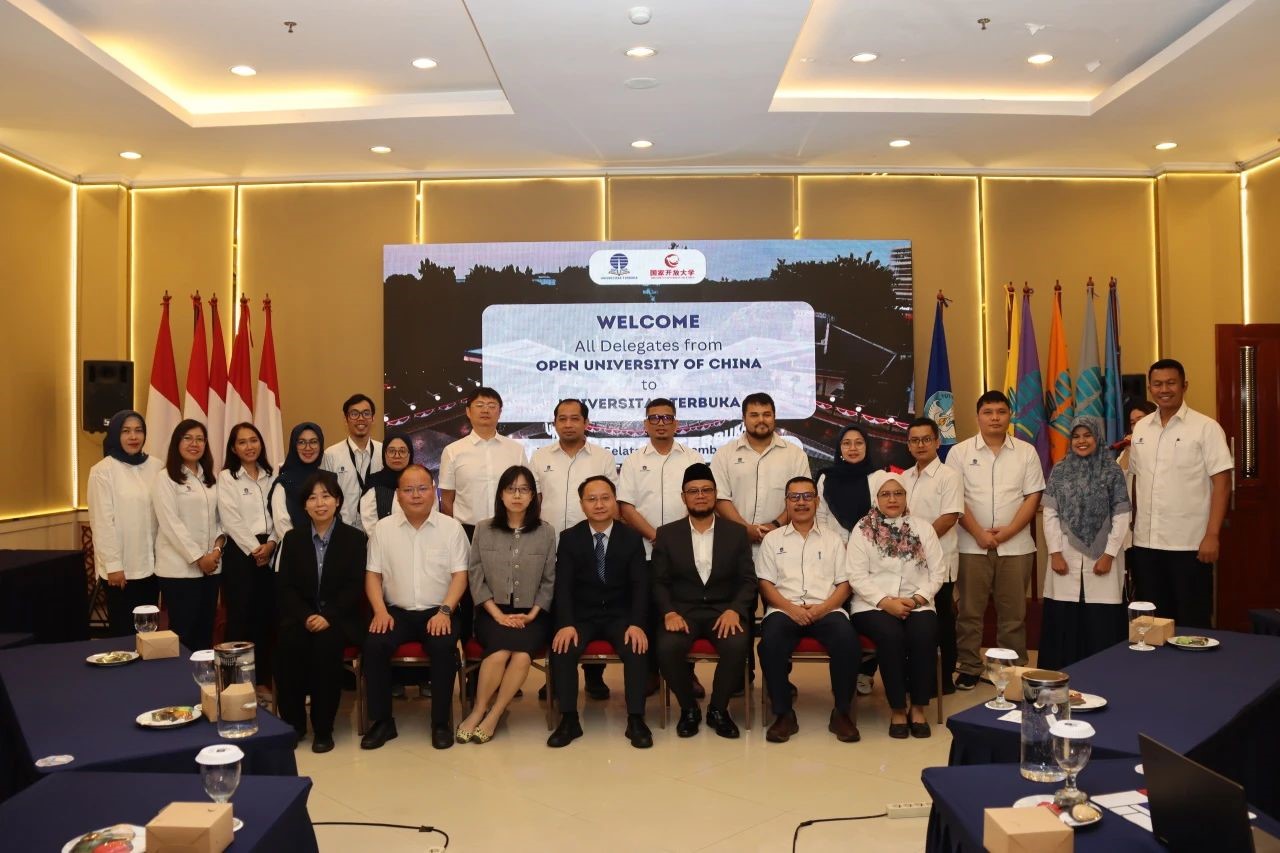
The delegation visited the headquarters of Universitas Terbuka (UT).
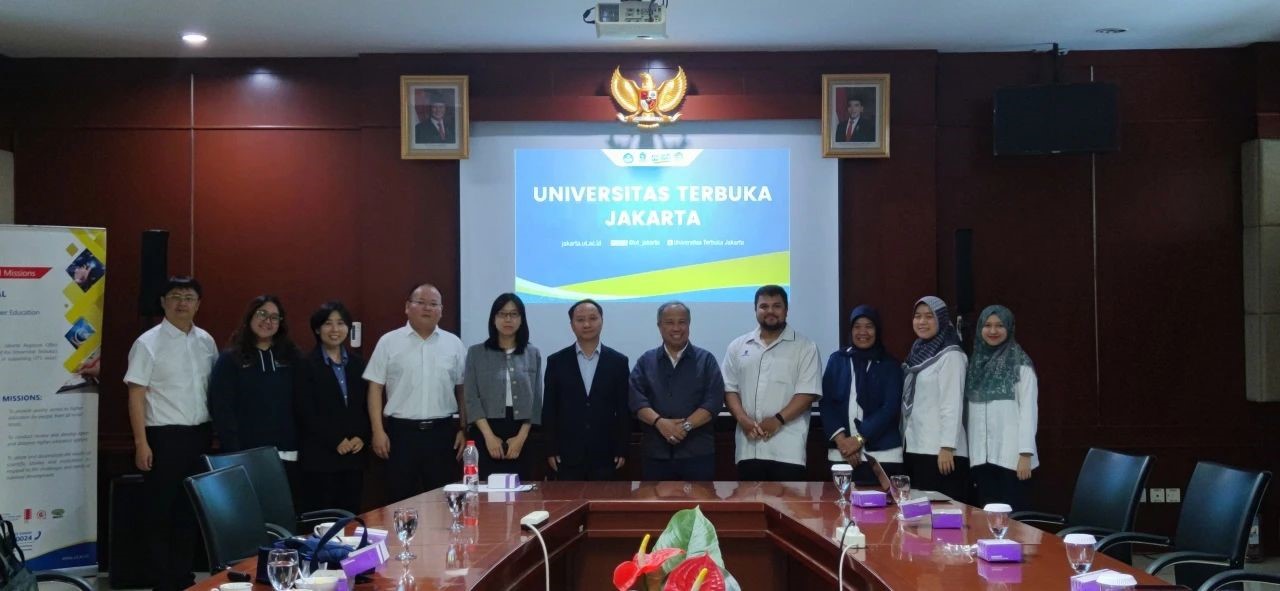
The delegation visited the Jakarta regional office of Universitas Terbuka (UT).
During the visit to Indonesia, the delegation visited the headquarters and Jakarta regional office of Universitas Terbuka (UT). They exchanged in-depth views with Rektor Ojat Darojat and heads of relevant departments on practical experiences in learning achievement accreditation, credit transfer mechanisms, micro-credentials, and community education. Discussions were held on deepening cooperation between the two universities based on a memorandum of understanding. It was proposed to strengthen exchanges and cooperation in the field of digital education under the framework of the ASEAN-China Digital Education Alliance, intensify joint research and practical exchanges in education and teaching, and continue cooperation in faculty and student exchanges and academic exchanges.
Zhou Tianming introduced to the visited institutions the development and future plans of OUC's distance and open education and credit bank, as well as the strategies and measures for leveraging digitalisation to empower lifelong education.
This visit strengthened the OUC’s international cooperation and exchanges in digital education and open education. It provided international reference cases for the OUC's development in digital education, qualifications framework development, and learning outcomes certification, and offered valuable experience for better serving the development of a learning-oriented society and country.
By Chen Na, OUC